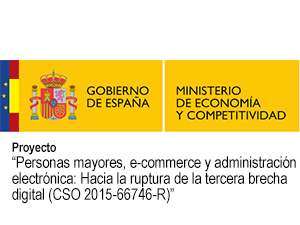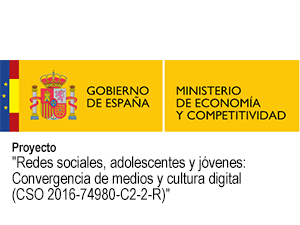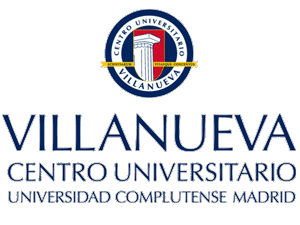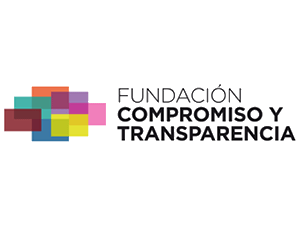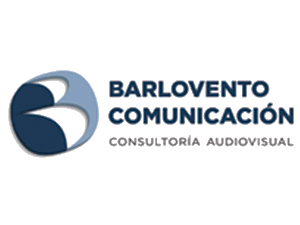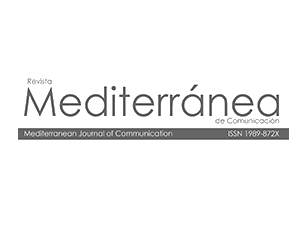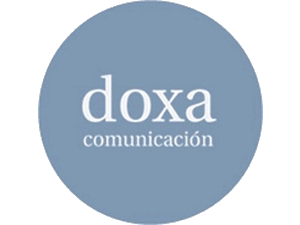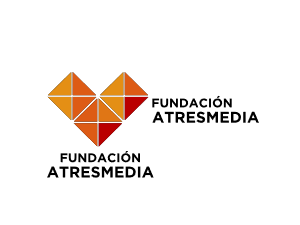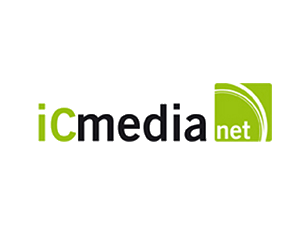Resumen
Las nuevas tecnologías han puesto al alcance de los creadores herramientas que facilitan el surgimiento de nuevas figuras retóricas. La pantalla no es tan solo un nuevo soporte sino la oportunidad de surgimiento de géneros híbridos, experimentación e interconexión global entre autores y lectores. Si nos acercamos a lo que denominamos «jarchas digitales» en español es fácil relacionar esta ebullición creativa con el espíritu de las vanguardias artísticas del siglo XX. Las obras de literatura digital en las que todos los sentidos toman partido en la creación de significado atraen fácilmente a los nativos digitales y suponen un modo sencillo de sembrar el gusto literario en nuestras aulas. Experiencias como la Blognovela colectiva La Venus Digital de la facultad de filología de la UCM, el repositorio de obras digitales Ciberia o la tuit-literatura son tan solo algunos ejemplos del potencial de este género emergente.
Palabras Clave / Cíberliteratura / Literatura Digital / Nartivos digitales / Uso didáctico literatura digital / Vanguardia
Abstract
Literary works created in the digital environment amended many resources, memes and rhetorical figures inherited from analogue literature, in the same way that printed literature did with previous traditions stored in manuscripts, scrolls and even oral literature. Emerging technologies offer possibilities advocated by analogue authors which have now acquired a corporeal nature. The literacy of these works produced for the electronic medium resides in the remediation of printed literature and its adaptation to the new electronic framework until they reach hypermedia. I have sought to emphasize throughout this study that the frameworks within digital literary works provide these creations with properties that characterize them as works of digital literature. In addition, and based on the discovery, selection and reading of these texts, I propose an open representation of Hispanic literary digital works based on their specific characteristics (Globalization + Localization). The final part of this essay will be in physical form, the Ciberia digital literature repository, a project conceived and developed by several members of the research group of the Faculty of Philology at UCM and Spanish and European Literature Text to Hypertext (LEETHI). Ciberia is a body of works of digital literature in Spanish with a number of exportable metadata through the CELL Consortium on Electronic Literature. In this way, the creation and analysis of electronic literature in Spanish can receive greater global visibility. As far as possible, this essay aims to showcase the prolific experimentation work and research that many artists from all over the world are undertaking. Many of them are fully aware of their role as pioneers, discovering different techniques and ways of artistic expression through new media. They are willing to collaborate and share their experiences with researchers and specialists alike. We are witnessing the beginnings of a new kind of literature in which the groundwork is being laid for the future. After around twenty years of digital literature, we begin the development of working models of operation through established works and authors. Throughout this study we will endeavor to unravel the new reality of digital literature, study its features and some of the possibilities it offers, be present as we recreate works of literary heritage and contemplate building the foundations of a global digital literature. All this will be achieved through specific examples of digital works in different languages and from different cultures, but always with special emphasis on Spanish digital literature. The life of man and his mental structure is the food for literary material. The vision of the world held by each group of humans, its cerebral conception of reality is what literature collates over the course of time. The three principal players of Sociological Literature, Georg Lukács, Lucien Goldmann and Mijail Bajtín coincide in stating that in literature, critical and systematic assessments are made of the conceptions of the world. Lukács himself states that «la poesía representa las conexiones últimas entre el hombre, el destino y el mundo, y sin duda ha nacido de la correspondiente profunda toma de posición» (1971:183). This can be translated as «Poetry represents the ultimate connections between man, destiny and the world and without any doubt was born out of the corresponding deeply thought out stance». On the other hand, it is a fact that the Society of the 21st Century is progressively changing its structures towards a global society brought about the enormous improvements in communications, particularly those related to the digital revolution. Taking this conception of literature as a a baseline with respect to the world, these changes will be taken into account and affect literature in the digital era. One of the evolutions brought about by this hyperconnectivity is globalization.
Keywords / Didactic resources / Electronic Literature / Global Literature / globalization / Interconection / Vanguardism
FIRMANTES
| Nombre | Adscripción | Procedencia |
|---|---|---|
| PhD. Prof. Ana Cuquerella Jiménez-Díaz | Centro Universitario Villanueva/ UCM | Madrid |






